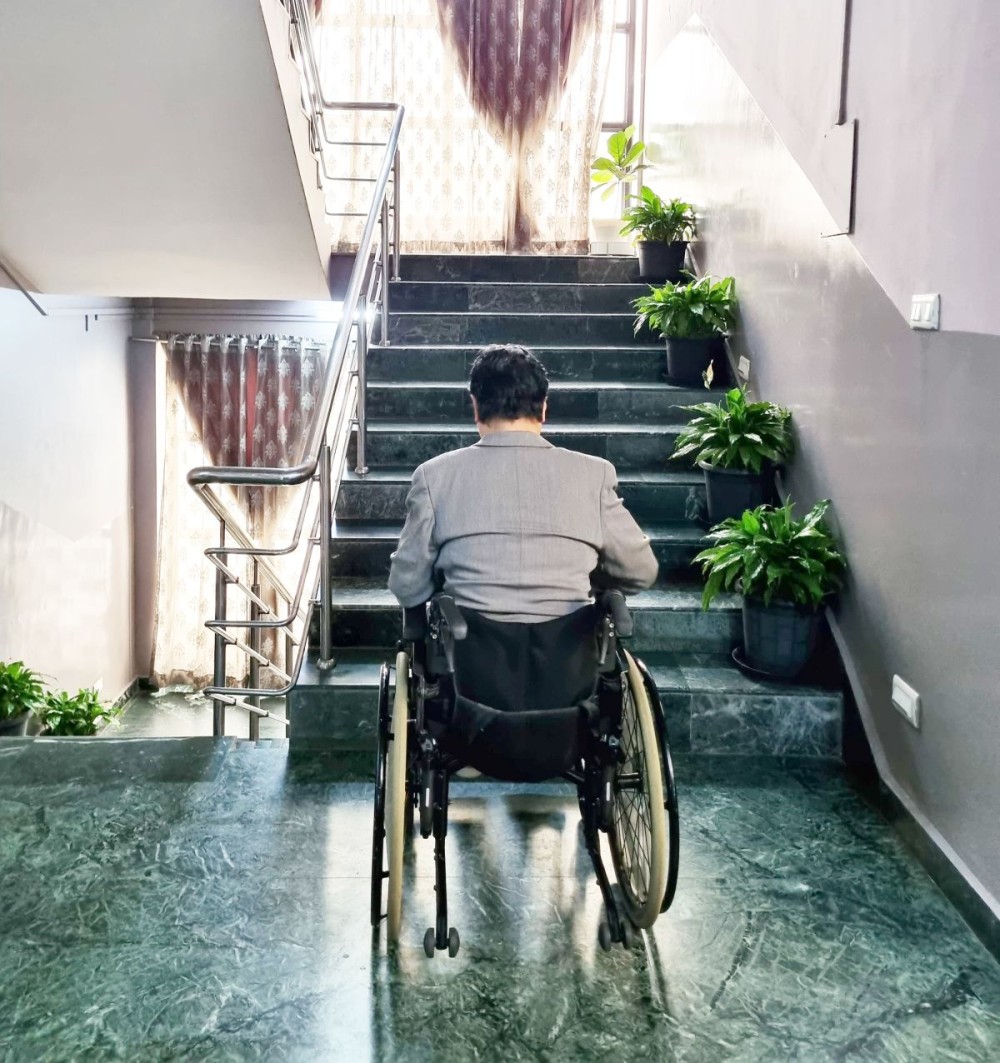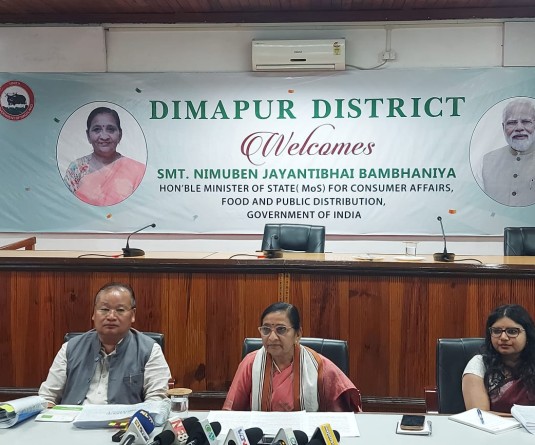State Disability Commissioner, Diethono Nakhro. (Photo Courtesy: X)

Morung Express News
Kohima | October 25
A recent event in Nagaland has drawn attention to the state's ongoing issues with accessibility in public spaces, even within critical institutions. During the launch of the coffee table book Weaving Dreams - A Tribute to Inspiring Women of Nagaland, an award ceremony for winners of the 2024 Sustainable Development Goals (SDG) essay competition, and a state-level workshop on SDG indicators reporting, accessibility barriers came to light.
Nagaland’s State Disability Commissioner Diethono Nakhro, who was honored as one of the women featured in the book produced by the SDG Coordination Centre, expressed her disappointment on social media after discovering the event was held in an inaccessible location. “Not inspiring enough to be included!” she posted on ‘X’ (formerly Twitter), underscoring the irony of a tribute to inspiring women that overlooked basic accessibility requirements.
“Today was the launch event to which I was invited & readily accepted. However, when I arrived at the venue, I discovered it was on the second floor - with no lift or ramp. Big surprise there, right?” Nakhro shared on the evening of October 24, the day of the event.
According to Nakhro, event organizers came downstairs at her request, offering apologies and various explanations. “By that time, some participating officers and CSO leaders had gathered, and some even suggested carrying me and my wheelchair up the stairs. Needless to say, I refused,” she wrote, describing the experience as an indignity.
“This is the daily reality disabled people face. Inaccessibility and exclusion are not occasional mishaps but the norm in our society,” she emphasized, adding that the oversight was especially disappointing given that the event was organized by the SDG team, a group committed to sustainable development. “How can there be sustainable development if disability inclusion is overlooked?” she asked.
Dr. Satendra Singh, Co-Chair of the International Council for Disability Inclusion in Medical Education, also commented, reposting Nakhro’s statement. “Disappointed to see SDGCC Nagaland fail to provide basic accessibility for revered guest with a disability. How can Nagaland claim to achieve the SDGs when inclusivity is ignored? It’s time to walk the talk on equal access for all,” Singh wrote.
Nakhro concluded her statements by calling for concrete action on accessibility rather than apologies. “We need action, not apologies. Accessibility is a basic right, not an afterthought,” she said.





